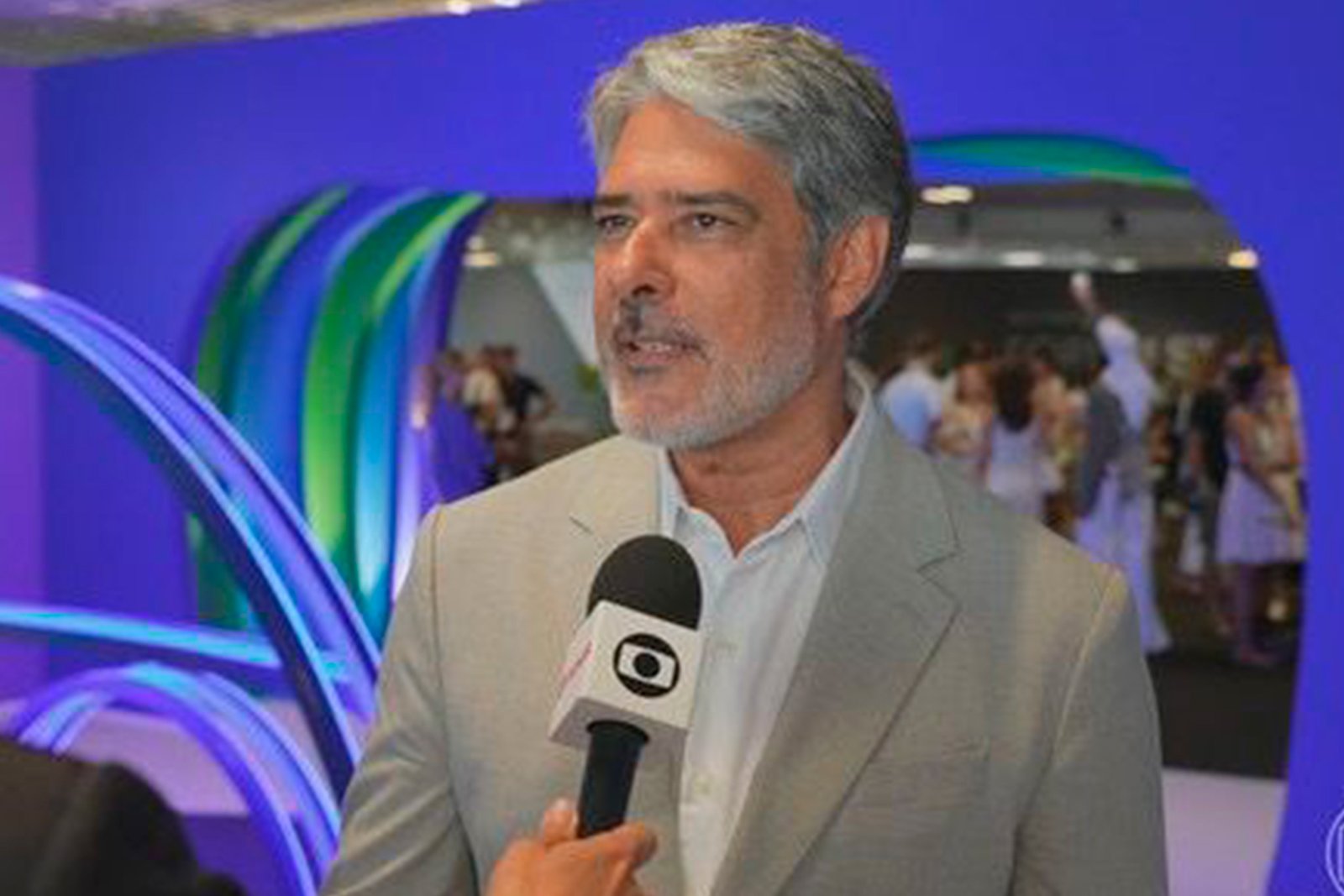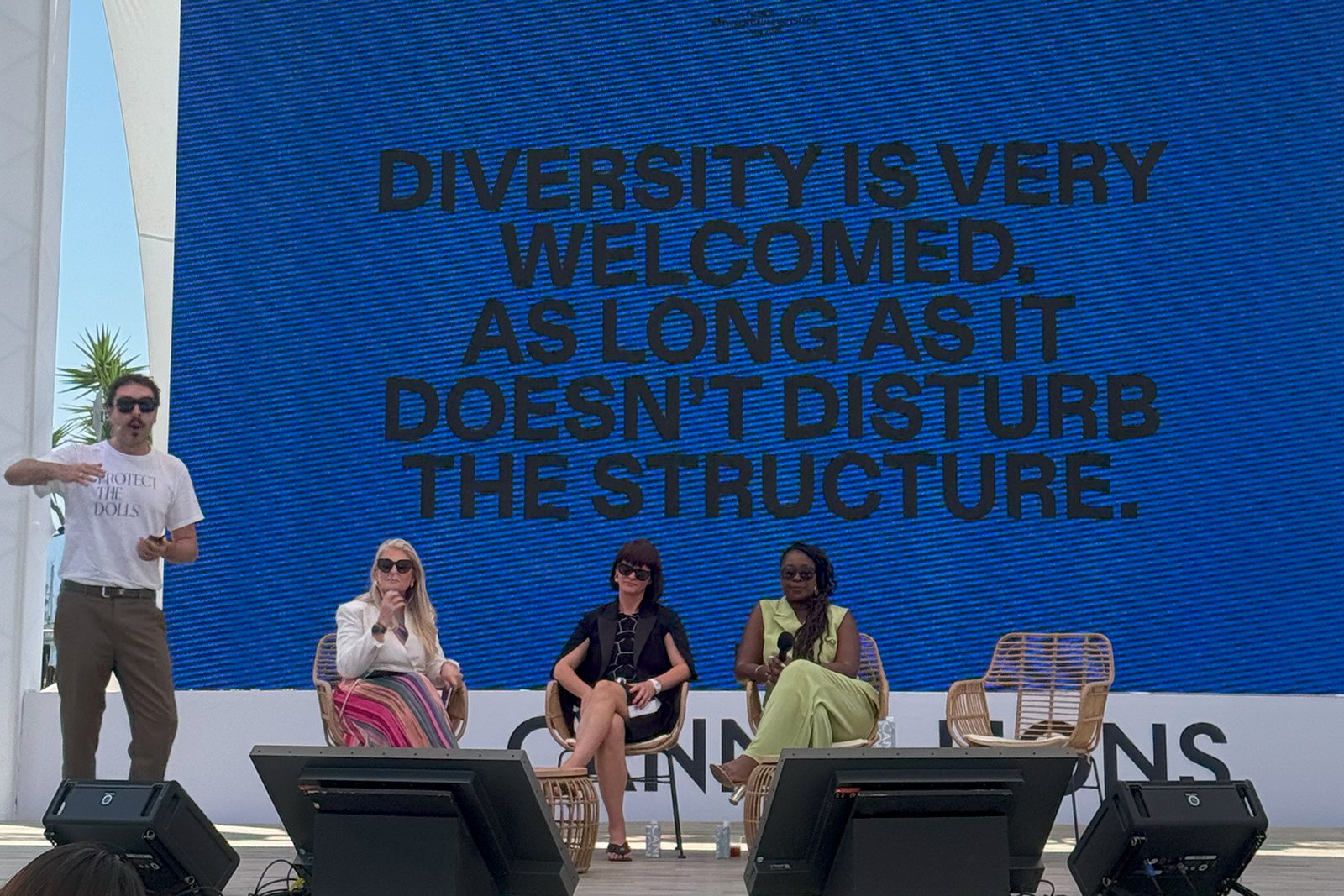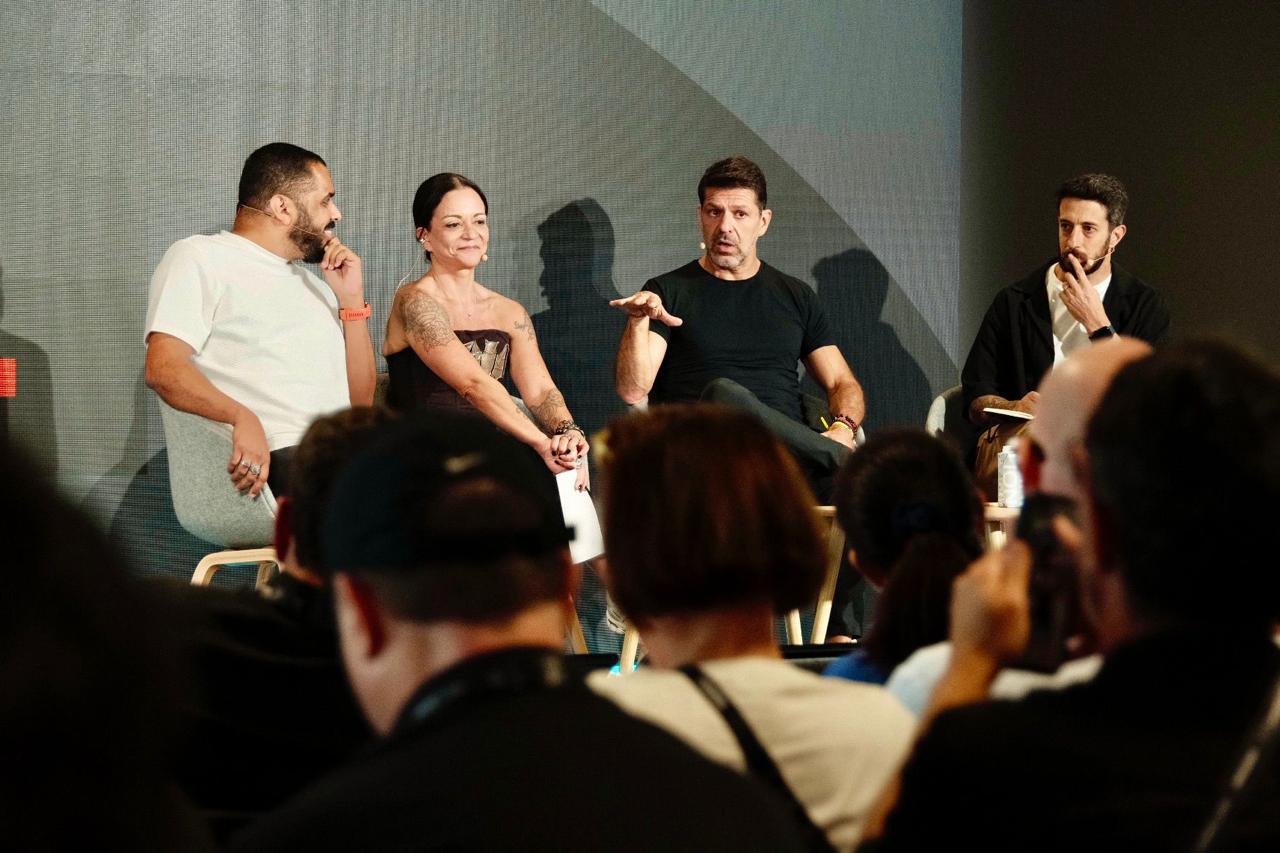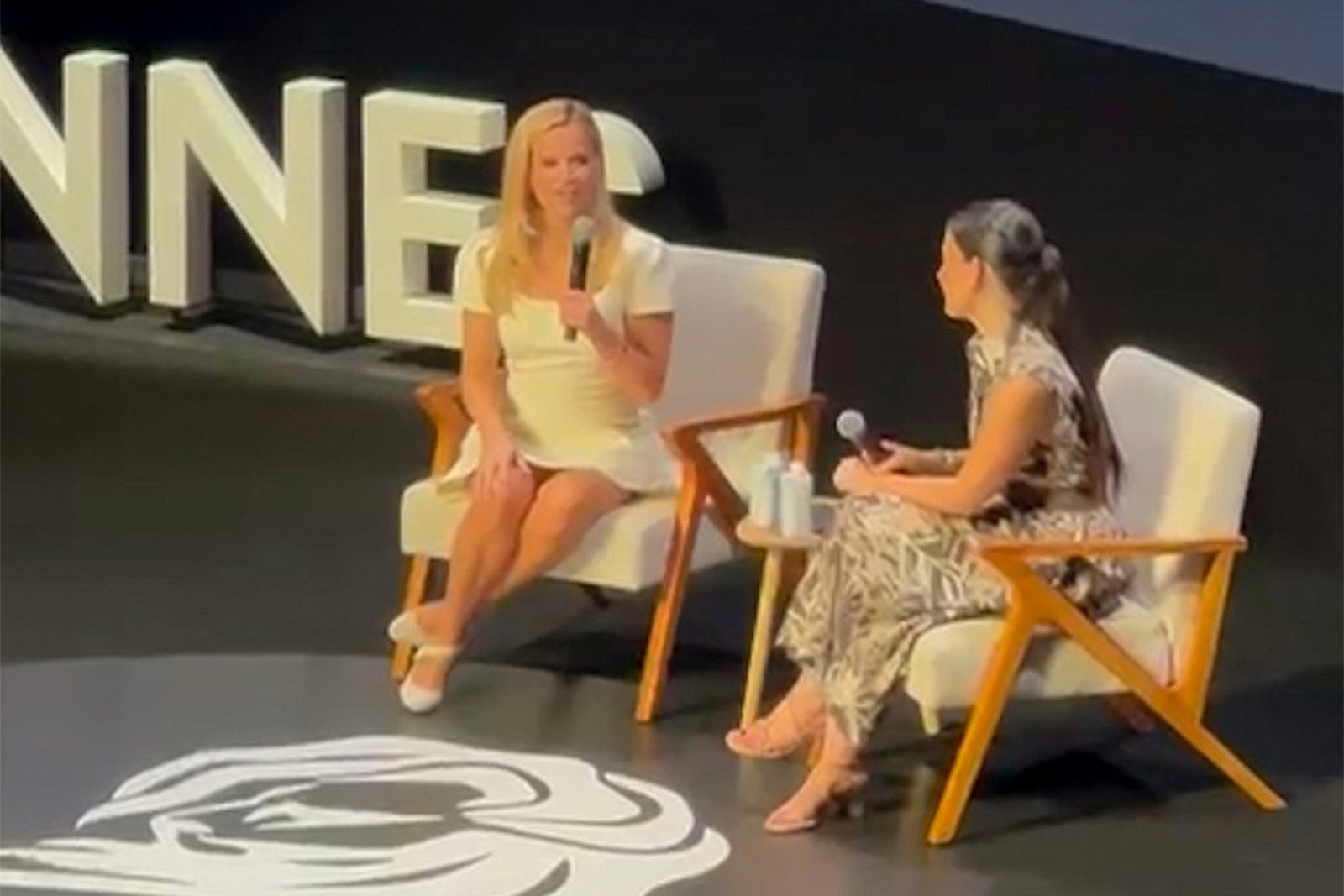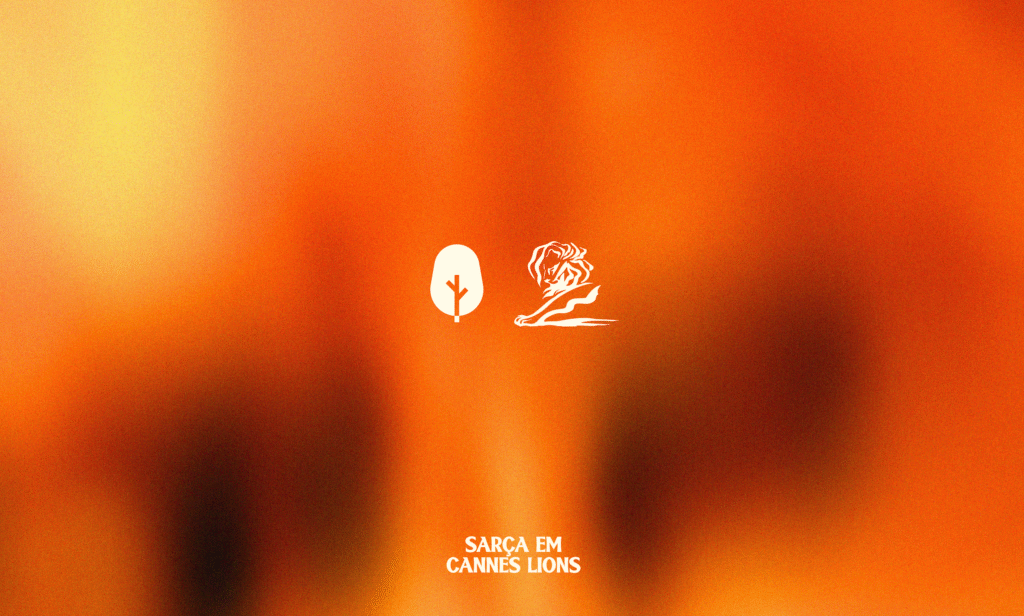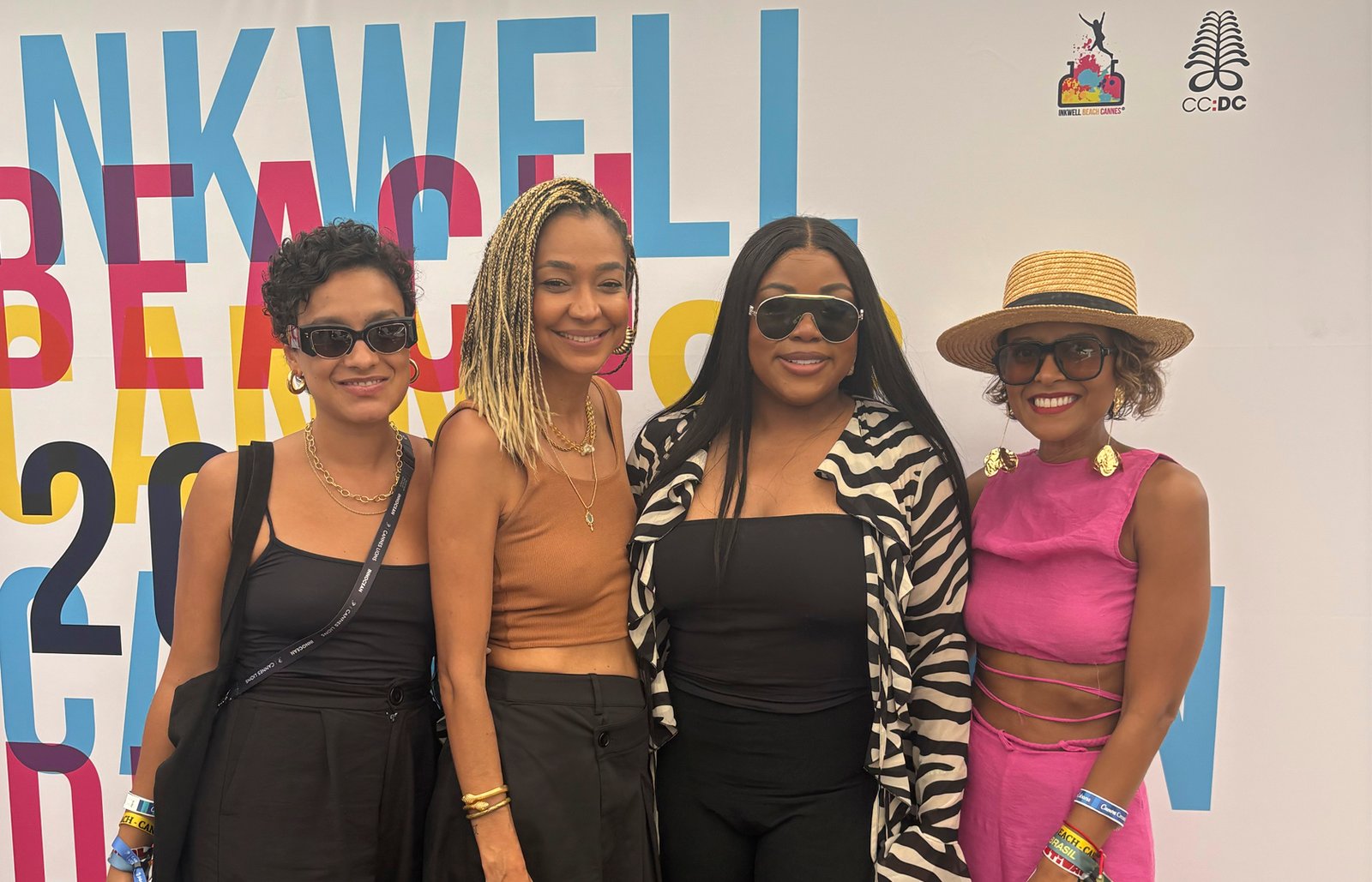By Rodrigo de Paula, live from Cannes
It is curious to watch William Bonner take the stage at Cannes Lions. The man who for decades lent his voice to the national conscience did not arrive with the pomp of a legendary anchor. He arrived shy. Almost intimidated. A bit unsettled even, like someone who recognizes he is crossing a symbolic boundary between two worlds that touch but rarely look each other in the eye with such frankness: advertising and journalism.
But as soon as he started speaking, the room understood the weight of that moment.
Bonner did not deliver a speech like a guarded executive. He shared memories. He confessed that, at 14, he wanted to be Washington Olivetto’s colleague. That he hung advertising posters in his bedroom. That before becoming an icon of broadcast journalism, he dreamed of being a copywriter. And he was. A young creative, son of a proud father, with shining eyes for being among the professionals of the year.
It was a speech of rediscovery. Not only of his professional origin but of a historic bridge between two industries that, in Brazil, have walked together: advertising and TV.
And there he was, on the French Riviera, not to defend the values of impartial journalism, but to celebrate the Brazilian creative talent that funded, enabled, and elevated Brazilian television to a level of independence and quality that is indeed a source of national pride.
Bonner did what few in his position would do. Instead of taking center stage as the face of Globo, he returned the focus to the collective. He reaffirmed that the so-called Globo standard of quality is not the broadcaster’s exclusive merit. It is the result of the inventiveness of agencies, the creative vigor of campaigns, the strength of a market that learned to dance together brands, creatives, and media even in the face of crises, censorships, disruptions, and platform changes.
It was a declaration of love for advertising. A reconciliation with his own story. And a pact. Globo, he said, will be a partner of the Brazilian advertising market for the next hundred years.
Seeing Bonner vulnerable, emotional, humble, and lucid at the center of the world’s greatest creative event was a gesture that not only humanized an icon but reenacted, with rare elegance, the importance of Brazilian communication as a cultural, political, and economic engine.
It is symbolic that this reunion took place in Cannes. Because, deep down, what he reminded us is that there is no free journalism without strong advertising. And there is no strong country without intelligent, critical, and passionate communication.
And on that day, the most powerful man in Brazilian journalism kindly reminded us that it all started with a poster on the bedroom wall.


